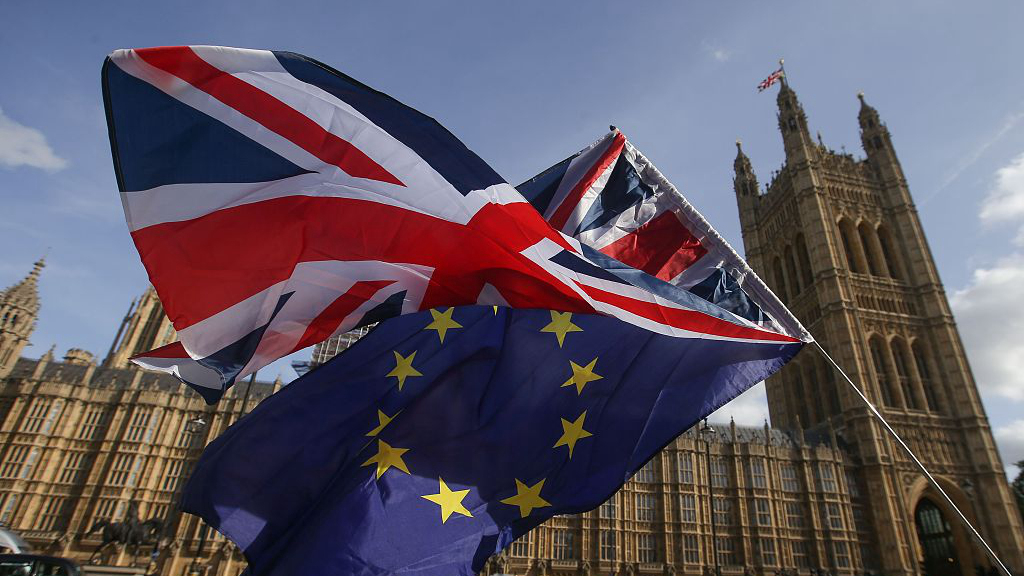European Union negotiators headed to London on Thursday to resume Brexit trade talks after Britain called off a boycott, with both sides vowing to work round the clock to seal a deal in the time left.

Photo: agencies
Led by chief negotiator Michel Barnier, the EU team was en route from Brussels after a dramatic breakthrough on Wednesday gave Britain an outlet to end days of brinkmanship and redouble efforts to prevent economic chaos at the end of the year.
In a joint document, Britain and the EU agreed that Barnier and UK negotiator David Frost would meet through the weekend, and continue every day if necessary beyond that to bridge their yawning differences once a post-Brexit transition ends on December 31.
However, the 10-point memo cautioned that "nothing is agreed in these negotiations until a final overall agreement is reached".
Speaking to Sky News, British policing minister Kit Malthouse said he had his "fingers crossed" that the new urgency injected into the fraught talks would pay off.
"Negotiations often involve a bit of temper, and tensions, and slamming doors, and walking out," he said.
"It's in the nature of a negotiation that these things become tense, particularly towards the end when you're facing a deadline."
Trawling for compromise
The breakthrough, which pushed the pound to six-week highs on currency markets, came hours after Barnier told a session of the European Parliament in Brussels that an agreement was "within our grasp" if both sides compromised.
An EU summit last week had said any compromises would have to come from Britain, angering Prime Minister Boris Johnson's government which then threatened to walk away.
Barnier also said the 27-nation bloc would proceed on "the basis of legal texts", satisfying British demands for an intensification of the process to finalise a treaty.
The extent of state subsidies, how to arbitrate future differences and fishing rights remain key sticking points that could still thwart a deal being reached.
A spokesperson for Johnson's government said if the talks do fail, the UK would end the transition period on a barebones arrangement with the EU governed by World Trade Organization quotas and tariffs, "and will prosper in doing so".
However, such a "no deal" Brexit scenario in just over two months could see a huge disruption to EU-UK business, just as both sides grapple with the economic havoc of the coronavirus pandemic.
Anxiety has been mounting about the likely repercussions of that, with European fishermen notably warning they face ruin if deprived of access to Britain's rich waters.
Corporate concerns mount
On the UK side, businesses complain the government is failing to prepare on an array of fronts. Even with a trade deal, British companies will still need to wade through reams of new red tape to ensure their goods comply with EU standards.
"As in all aspects of business," Malthouse said, "you prepare for the worst and hope for the best".
"From a governmental point of view we're in good shape, and we're encouraging businesses to do exactly the same."
Britain formally left the EU in January but under the terms of its divorce treaty, it will only be free of EU structures after nearly five decades of tight economic integration from 2021.
Johnson had set a mid-October deadline to strike a free trade deal. That has slipped already, and the EU says an agreement must be reached by November to give parliaments on both sides of the Channel time to ratify it.


